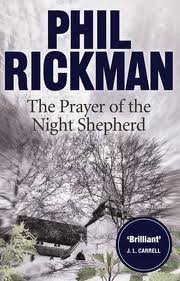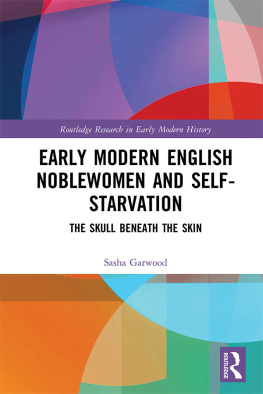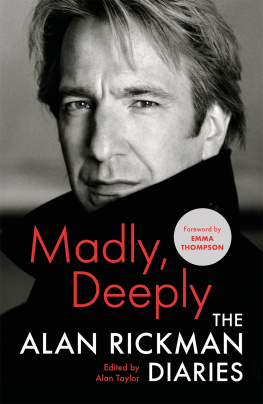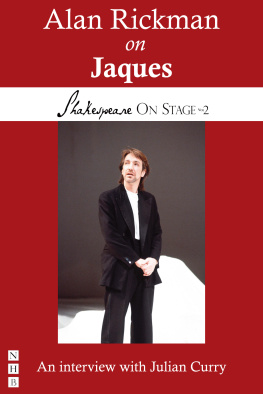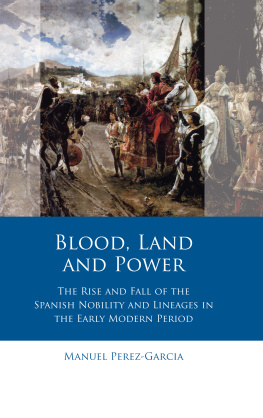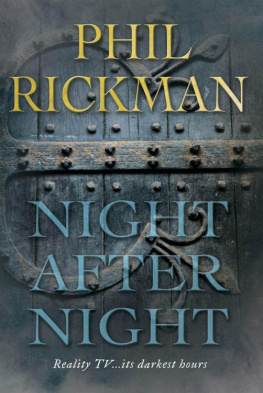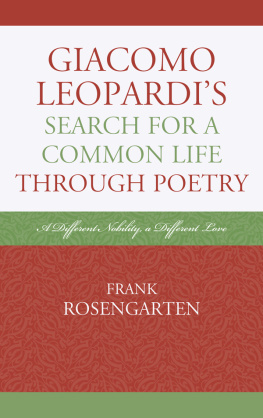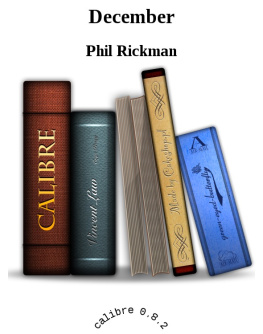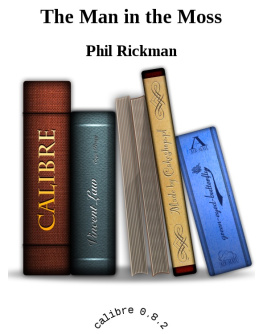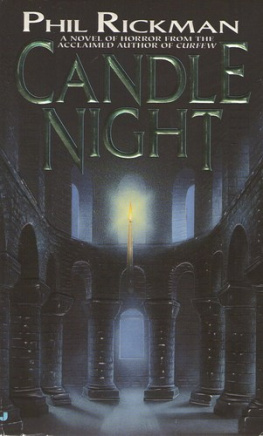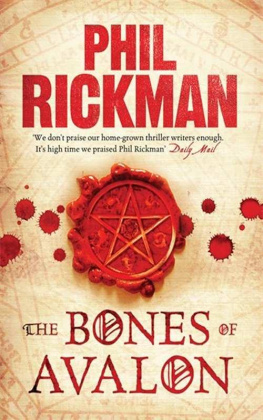
LOVE, LUST, AND LICENSE IN EARLY MODERN ENGLAND
Women and Gender in the Early Modern World
Series Editors: Allyson Poska and Abby Zanger
In the past decade, the study of women and gender has offered some of the most vital and innovative challenges to scholarship on the early modern period. Ashgates new series of interdisciplinary and comparative studies, Women and Gender in the Early Modern World, takes up this challenge, reaching beyond geographical limitations to explore the experiences of early modern women and the nature of gender in Europe, the Americas, Asia, and Africa. Submissions of single-author studies and edited collections will be considered.
Titles in this series include:
Finding the Family in Medieval and Early Modern Scotland
Edited by Elizabeth Ewan and Janay Nugent
Women, Identities, and Communities in Early Modern Europe
Edited by Stephanie Tarbin and Susan Broomhall
From Wives to Widows in Early Modern Paris Gender, Economy, and Law
Janine M. Lanza
Gender, Race and Religion in the Colonization of the Americas
Edited by Nora E. Jaffary
Midwifery, Obstetrics and the Rise of Gynaecology The Uses of a Sixteenth-Century Compendium
Helen King
Love, Lust, and License in Early Modern England
Illicit Sex and the Nobility
JOHANA RICKMAN
Gainesville State College USA
First published 2008 by Ashgate Publishing
Published 2016 by Routledge
2 Park Square, Milton Park, Abingdon, Oxon OX14 4RN
711 Third Avenue, New York, NY 10017, USA
Routledge is an imprint of the Taylor & Francis Group, an informa business
Copyright Johanna Rickman 2008
All rights reserved. No part of this book may be reprinted or reproduced or utilised in any form or by any electronic, mechanical, or other means, now known or hereafter invented, including photocopying and recording, or in any information storage or retrieval system, without permission in writing from the publishers.
Notice:
Product or corporate names may be trademarks or registered trademarks, and are used only for identification and explanation without intent to infringe.
Johanna Rickman has asserted her moral right under the Copyright, Designs and Patents Act, 1988, to be identified as the author of this work.
British Library Cataloguing in Publication Data
Rickman, Johanna
Love, lust, and license in early modern England : illicit sex and the nobility. (Women and
gender in the early modern world)
1. Nobility Sexual behavior England History 16th century 2. Nobility Sexual behavior England History 17th century 3. Great Britain Court and courtiers History 16th century 4. Great Britain Court and courtiers History 17th century
I. Title
306.7086210942
Library of Congress Cataloging-in-Publication Data
Rickman, Johanna.
Love, lust, and license in early modern England : illicit sex and the nobility / by Johanna Rickman.
p. cm. (Women and gender in the early modern world)
Includes bibliographical references and index.
ISBN-13: 978-0-7546-6135-1 (alk. paper)
1. AdulteryEnglandHistory16th century. 2. AdulteryEnglandHistory 17th century. 3. NobilitySexual behaviorEnglandHistory15th century. 4. Nobility Sexual behaviorEnglandHistory16th century. I. Title.
HQ806.R57 2008
306.736094209032--dc22
2008011915
ISBN: 9780754661351 (hbk)
Contents
Queen Elizabeth I by unknown artist, 1575.
(National Portrait Gallery, London)
Robert Dudley, Earl of Leicester by unknown artist, c. 1575.
(National Portrait Gallery, London)
Couple on a bed, Pepys Ballads 3280.
(Pepys Library, Magdalene College, Cambridge)
Courting Couple, Pepys Ballads 1262.
(Pepys Library, Magdalene College, Cambridge)
Courting Couple, Pepys Ballads 1263.
(Pepys Library, Magdalene College, Cambridge)
I must begin by acknowledging the help and support of Sharon Strocchia, who greatly helped me to shape my thoughts and arguments when I was knee-deep in research and could not see the forest for the trees. I have thoroughly enjoyed and greatly learned from our long conversations at the coffee shop. Thanks are also due to William Beik and James Melton, who gave me much helpful advice about how to reshape and redirect the work, and to Diane Willen, who initially fostered my interest in Tudor and Stuart England.
I also want to thank the many astute members of the audience at various conferences where I have presented pieces of the work: their questions, comments, and suggestions have forced me to clarify my points and to look at the stories from different perspectives. The anonymous reader of the manuscript went above and beyond the call of duty and gave me so many helpful comments that it is impossible to enumerate them all here. Any mistakes that remain in the text are of course my own.
The practicalities of research and writing require access to money, and I was fortunate enough to be awarded the Blair and Russell Major Award for Research in Early Modern European History in 2002, which paid for a research trip to the UK. I am also very grateful to the College Foundation and the Social Sciences Department at Gainesville State College, which paid for the cost of the images and the right to reproduce them in the book. John Williams at Gainesville also helped me with the formatting of the images on very short notice, for which I am very grateful.
On a personal note, I also would like to thank my parents, Jan and Margaretha Luthman, and my siblings, Kristina, Karin, Per, Lars, and Bengt, whose example and encouragement have made higher education a natural career choice for me. In addition, spending time with my family (which, due to the great procreative powers of my siblings, is growing exponentially) has provided me with fun and relaxation and always helps me put everything else in its proper perspective. I would also like to thank the furry four-legged members of the family, who make me appreciate the simple things in life, like fresh air, naps, nasty old tennis-balls, and squirrels. Lastly and most importantly, I want to thank my partner Marko Maunula. He has poured over these pages more times than I can count, asking pertinent questions, making suggestions for changes, all the while putting his own work aside in order to do so. Apart from his intellectual support, he has also sustained me through the process quite literally, since without his marvelous cooking skills, I would have to live on burnt toast and over-cooked pasta. As for everything else: he knows.
BL British Library
C Chancery
CSP Calendar of State Papers
HMC Historical Manuscript Commission
LPL Lambeth Palace Library
PRO Public Record Office
STAC Star Chamber
SP State Papers
Research projects often have very unassuming beginnings and this one is no different. Many years ago, I happened across a book by Richard Adair, titled Courtship, Illegitimacy, and Marriage in Early Modern England.1 Adair predominantly dealt with the lower socio-economic classes, and I idly wondered if anyone had taken a look at illegitimacy and illicit sex among the aristocracy. What happened to noblemen and noblewomen who engaged in extramarital sexual relationships? A preliminary search came up with very little. I noted this interesting gap in the historiography and stowed it away in a folder marked future ideas, which I had created in a moment of temporary organizational zeal.


